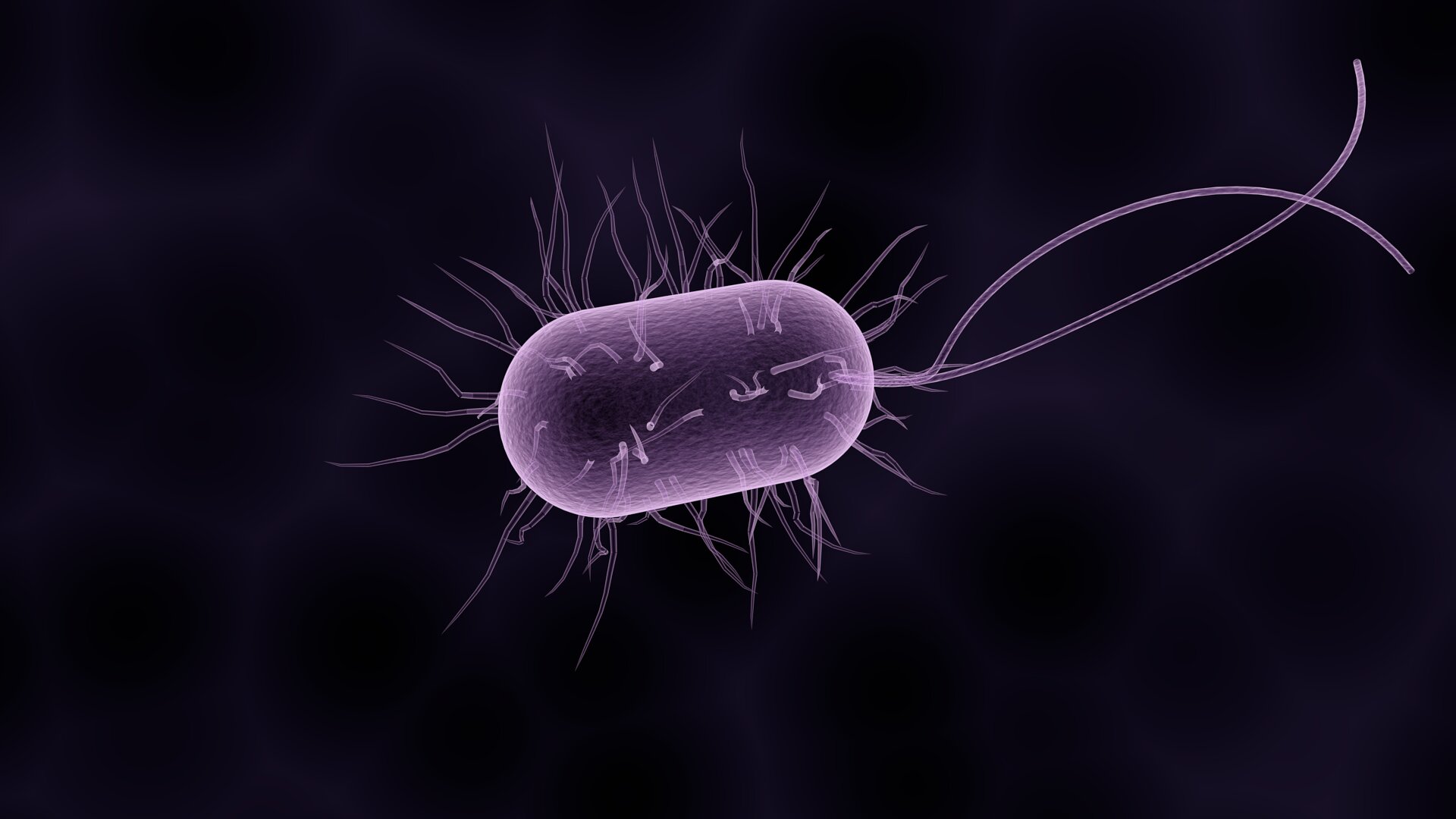- How football brings joy and helps heal Palestinian children in Qatar
- Global forest loss exceeds targets in 2023, report warns
- How did Egypt’s and Israel’s economies do in a year of Houthi attacks?
- China takes swing at European Union with brandy duties after EV tariff vote
- Boeing delivers 33 jets in September but strike impact looms
What do you believe is the single most important factor driving up the cost of living in Nigeria?

Dogs contaminate London ponds with parasite medications, finds study
A study on Hampstead Heath shows that ponds where dogs are allowed to swim contain levels of two pesticides harmful to invertebrate life.
These pesticides, imidacloprid and fipronil, are used as parasite treatments for flea and tick infestations in cats and dogs, using 'spot-on' formulas and flea collars. This is despite these chemicals being banned for agricultural use in 2018 due to their toxicity to bees and other important insects.
These treatments are increasingly used prophylactically—to prevent fleas and ticks—with doses applied as frequently as monthly. Recent studies have raised concerns about the level of these chemicals reaching the natural environment through household wastewater and dogs swimming in waterways, such as rivers and ponds.
A study published in the journal Science of the Total Environment has confirmed that swimming dogs can contaminate the water as the chemicals wash off their fur.
The study was carried out by researchers from Imperial College London, the University of Sussex, the London School of Hygiene and Tropical Medicine, and the Royal Veterinary College, in collaboration with the Heath & Hampstead Society and the City of London Corporation.

- October 8, 2024
New apps aid blind people in navigating indoor spaces

- October 8, 2024
Kora supports talented innovators in payment hackathon

- October 8, 2024
UN warns world's water cycle becoming ever more erratic

- October 8, 2024
Winning the Nobel 'an earthquake', says Ruvkun




- October 8, 2024
Communities receive education face-lift in Biakoye District

- October 8, 2024
Mpox: Nigeria, DRC, Burundi most affected in ongoing outbreak
Subscribe to our mailing list to get the new updates!

Subscribe our newsletter to stay updated
Thank you for subscribing!




